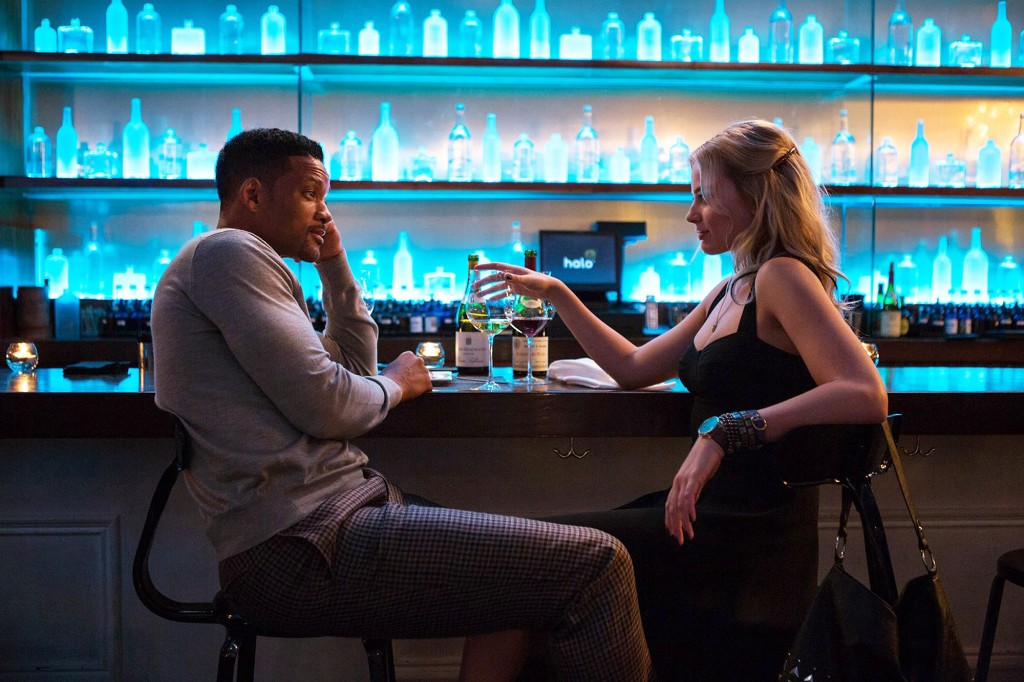Will Smith might be the last true movie star. There was once a time when his signature swagger, smile and “Big Willie” style meant a hundred million dollars in the box office. And like the true movie star he is, none of his roles required much for Smith to do besides be himself.
Even when Smith had to “act” as Muhammad Ali in Michael Mann’s “Ali,” Smith didn’t do anything more than adopt a bit of Ali’s drawl and learn how to box. Essentially, Smith was still being Smith — or at least the image of Smith that he’s cultivated since his time on “The Fresh Prince of Bel-Air.”
As Smith approached his 40s, it became obvious that he was trying to fight the caricature he’d established for himself. From “The Pursuit of Happyness” on, Smith’s characters have been more withdrawn and self-reflective. But that’s not the Will Smith that audiences necessarily want. When “After Earth” was released two years ago, based on a story idea by Smith himself, the audience rejected his son’s attempt at being an action star. But even more offensive was taking a star like Smith and literally putting him in the backseat. For most of the movie, he was handicapped and played a character whose defining trait was emotionlessness.
Smith’s most recent film, “Focus,” seems like a return to form. Directed and written by Glenn Ficarra and John Requa, Focus tells the story Nicky Spurgeon, a con man who’s perfected the art of misdirection. It’s a good vehicle for Smith to revitalize his career — his natural charisma goes well with the con man genre.
But Smith is best when he has someone to bounce off of, whether it’s Alfonso Ribeiro in “Fresh Prince” or Tommy Lee Jones in “Men in Black.” Here, his prime foil and love interest is the doe-eyed Jess Barrett played by Margot Robbie. Fortunately, this film, unlike “The Wolf of Wall Street” where Robbie had her breakthrough, is more interested in gazing at Smith than at Robbie. Before Nicky comes along, Barrett is more about the small con than the long game.
The student-teacher dynamic that dominates the first half of the film is fun and lively. The big con of the film — or at least the most interesting one — is set at the Super Bowl. It’s completely preposterous and includes a delightfully over-the-top B.D. Wong (who should be in more movies) as a compulsive gambler. Everything’s thrown into the elaborate trick that was a marvel to have pulled through.
After the Super Bowl set-piece, there’s still about an hour left in the movie. Character dynamics, especially those concerning Nicky’s gambling problems, are set but never followed through. The film flashes forward to three years later, moving from New Orleans to Buenos Aires, and the film losses all momentum it has.
“Focus” is indicative of an era of Will Smith’s career. He looks tired. He has been doing this for close to 25 years now. Ficarra and Requa did all they could to make Smith the coolest man in the room, which he undoubtedly is. They dressed him in nice suits with skinny ties, and the digital cinematography amps up Smith’s effortless cool with its blue hues. But the bags under his eyes seem more pronounced than ever before. His charisma is still there, but his passion and energy aren’t.



